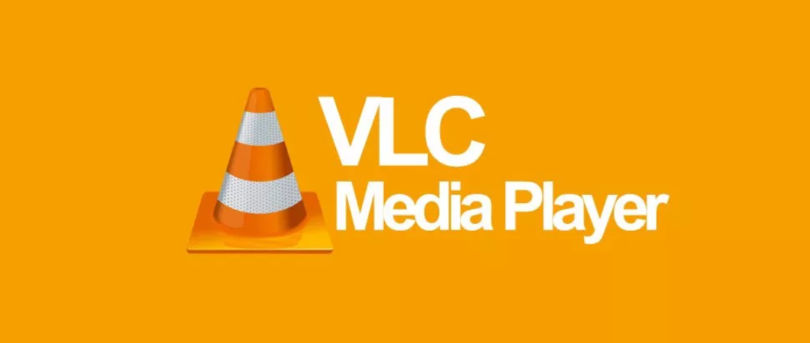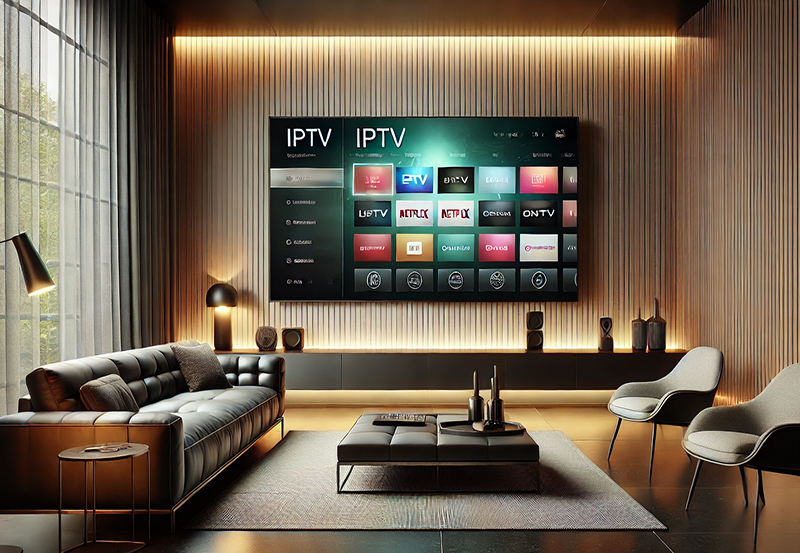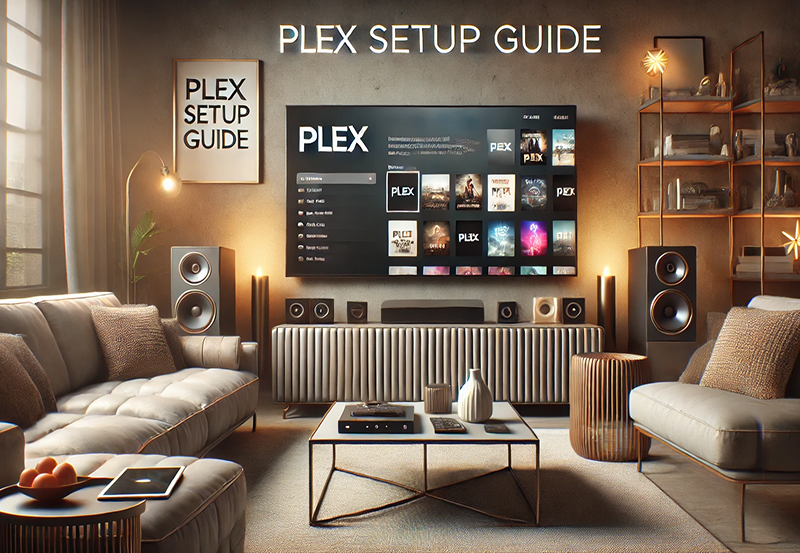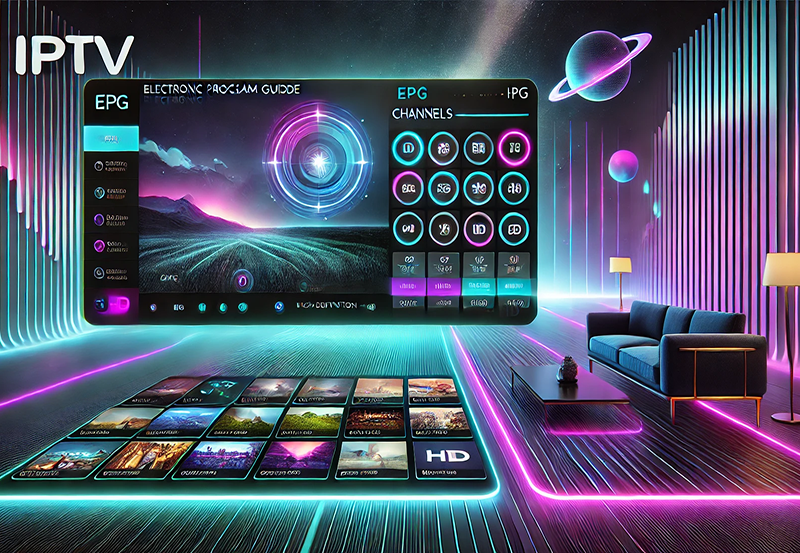In the digital age, where streaming has become a staple in our daily entertainment diet, uninterrupted viewing is crucial. IPTV, or Internet Protocol Television, offers a dependable service for accessing a plethora of international channels through applications like Smarters IPTV. Yet, many users face connectivity troubles when using VLC, a popular media player, to stream IPTV content. This article dives into practical solutions to resolve these issues and redefine your IPTV watching experience.
Understanding IPTV and Its Connection with VLC
Before delving into solving connectivity issues, it’s essential to comprehend the relationship between IPTV services and VLC media player. IPTV provides users the ability to stream television content over the internet, enabling them to access international channels with ease. The VLC media player, on the other hand, serves as a versatile platform that supports various multimedia formats and streaming protocols.
VLC’s compatibility with IPTV makes it an ideal choice for many users. However, the challenge lies in ensuring that this connection is seamless and devoid of buffering or connectivity problems. Whether you’re using IPTV for international channels or for local variations, the fundamentals of setup and connectivity remain broadly consistent.
Pro Insight:
Explore the latest UK shows with Best UK IPTV subscriptions for on-demand and live viewing.
Common Connectivity Issues with VLC and IPTV
VLC often experiences several typical connectivity issues when streaming IPTV content. These issues might range from minor buffering and video stuttering to complete inability to connect to the desired IPTV channel. Understanding these issues is the first step towards a solution.
Common problems include:
- Frequent buffering disrupting viewing experience.
- Intermittent audio and video synchronization issues.
- Channels not loading or displaying error messages.
- Outdated software causing compatibility problems.
Identifying Root Causes of VLC IPTV Issues
Investigating the root causes of these issues can shed light on the necessary corrective measures. Several factors may contribute to connectivity problems, including network settings, software updates, and incorrect configurations within VLC.
Primary factors include:
- Network instability or slow internet connection.
- Outdated VLC software version.
- Incorrect IPTV settings or URL errors.
- Insufficient system resources affecting performance.
Resolving Network Instability
One of the most frequent causes of connectivity issues is network instability. Ensuring a robust internet connection is crucial. Follow these steps to improve your network environment and eliminate disruption during your streaming experience.
Optimize Your Internet Connection
A stable and fast internet can significantly enhance your Smarters IPTV viewing. Here are some steps to optimize your connection:
- Check your internet speed to ensure it meets the minimum requirements for IPTV streaming.
- Preferably, use a wired Ethernet connection over Wi-Fi to minimize packet loss.
- If using Wi-Fi, position your router close to your streaming device to ensure strong signal strength.
Network Configuration Adjustments
Network settings might interfere with VLC’s ability to stream IPTVs efficiently. Configuring these settings can substantially improve streaming performance. A simple adjustment of the DNS settings on your device can often solve issues quickly.
Updating VLC for Enhanced Performance
Outdated versions of VLC can lead to compatibility issues with IPTV. Ensuring your VLC media player is updated can preemptively tackle annoying bugs and enhance functionality.
Step-by-Step Update Process
Regular updates are essential. The following steps illustrate how to ensure your VLC player is current:
- Open VLC media player.
- Go to ‘Help’ and select ‘Check for Updates.’
- Follow prompts to download and install the latest version.
Why Keeping VLC Updated Matters
Updates not only resolve existing bugs but also expand within VLC’s capability to handle new streaming protocols and formats, thereby offering a more dynamic and resilient streaming service.
Configuring VLC for Optimal IPTV Use
Adjusting VLC settings can optimize IPTV streaming quality and reduce connectivity hiccups. This section outlines specific configurations that enhance VLC’s compatibility and performance with IPTV services.
Streamlining VLC Settings
Configuring your VLC settings correctly is essential for reducing buffering and optimizing playback. Here’s how to access these settings and make necessary adjustments:
- Open VLC and access ‘Preferences’ under the ‘Tools’ menu.
- Navigate to the ‘Input/Codecs’ section for tailored buffering settings.
- Increase ‘Network caching’ value for smoother playback.
Addressing Advanced Settings
Advanced users can delve deeper into network settings by accessing the ‘Advanced Preferences’ tab. Here, modifications can be made to the QT interface, file caching, and more granular networking settings, allowing finer control over the streaming experience.
FAQs on VLC and IPTV Connectivity
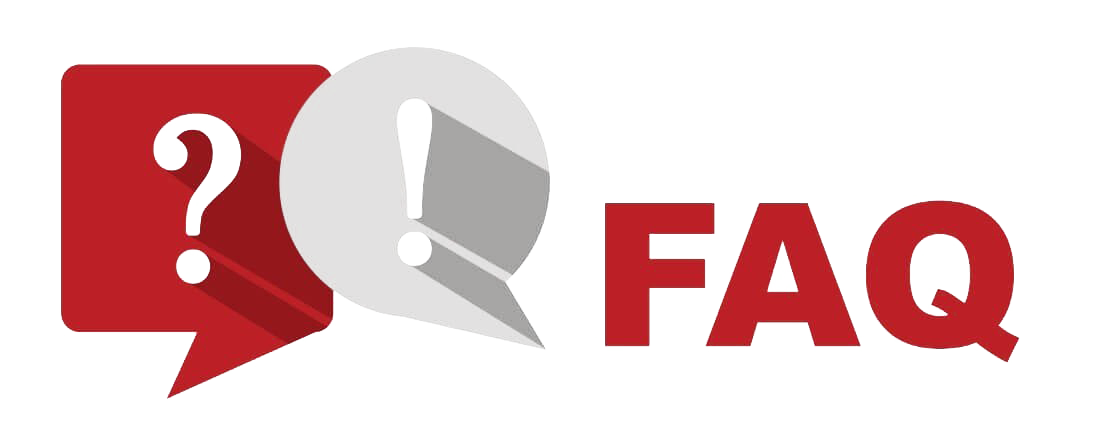
Why isn’t my VLC connecting to my IPTV channels?
There could be several reasons ranging from poor internet connectivity, outdated VLC versions, to incorrect IPTV links. Ensure your configuration settings are correct and that your VLC player is updated.
How can I improve the quality of my IPTV stream?
Ensuring a stable internet connection is pivotal. Use a wired connection if possible. Adjusting VLC settings for better performance, such as increasing network caching, can also help.
What settings should I adjust in VLC for better performance?
In VLC’s preferences, under the ‘Input/Codecs’ section, you can adjust the network caching values. Increasing these can generally smooth streaming. Also, ensuring you have the latest software version helps.
I’ve updated VLC, but still face issues. What now?
If problems persist after updating, double-check your IPTV playlist URLs and network configurations. Consider reinstalling VLC to reset any corrupted settings.
Is my IPTV service provider causing VLC issues?
While rare, sometimes the IPTV service providers may have server issues, causing connectivity problems. Verifying with your provider for any widespread outages is a good step.
Can the type of IPTV playlist affect VLC performance?
Yes, certain playlist formats may not be fully compatible with VLC. Ensure you are using a compatible and properly formatted playlist that your VLC version supports.
What alternatives exist if VLC fails for IPTV?
If VLC continues to struggle, consider alternative IPTV players designed specifically for IPTV streaming which might offer better compatibility and user interfaces tailored for seamless streaming.
VLC and IPTV connectivity issues may seem daunting, but with these guidelines, maintaining a flawless streaming experience is within reach. Apply these practical solutions to redefine your IPTV watching experience, ensuring uninterrupted access to your favorite international channels with Smarters IPTV.
How to Use IPTV for Streaming Comedy Shows

